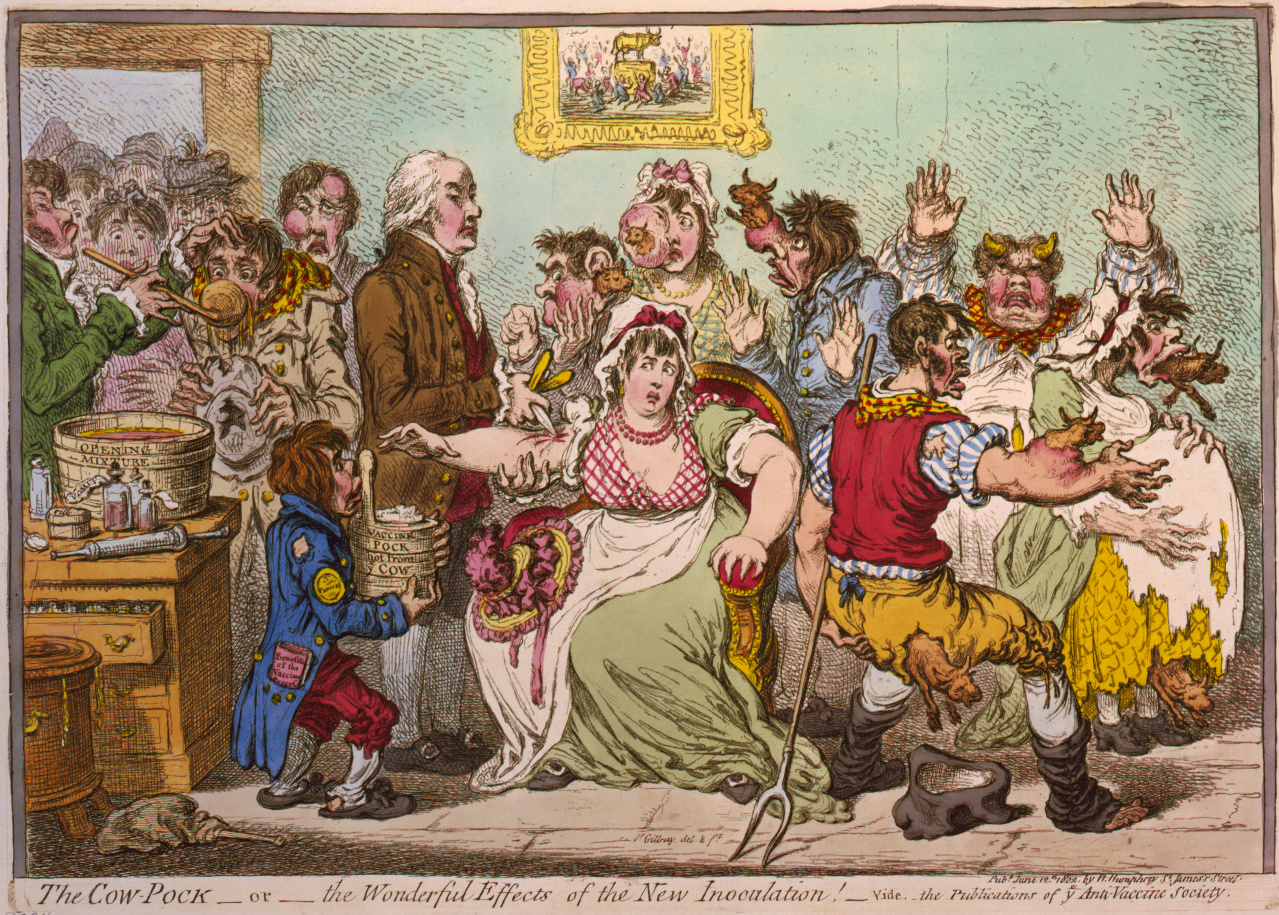News about the pandemic seemed to push aside the usual stories on the news about the weather. “In like a lion, out like a lamb” has always seemed a straightforward enough proverb about the weather in March. March begins in winter, and by the end of the month, spring has begun, so it is often a mean lion at the start and a gentle lamb at the end.
24 June 2020
In like a lion, out like a lamb
News about the pandemic seemed to push aside the usual stories on the news about the weather. “In like a lion, out like a lamb” has always seemed a straightforward enough proverb about the weather in March. March begins in winter, and by the end of the month, spring has begun, so it is often a mean lion at the start and a gentle lamb at the end.
19 June 2020
Doomscrolling
Have you heard the word "doomscrolling"? Have you been doing it? It is defined as the act of scrolling on your device and reading or skimming the endless stream of bad news that hit us daily on news sites and social media.
 |
| Image:Mote Oo Education | Pixabay |
The pandemic, economic hard times, violence in the street and the Black Lives Matter protests are all important stories but seem to all be part of a doomsday scenario.
The Merriam-Webster dictionary people have recently flagged doomscrolling as one of the words it is watching for 2020 for possible inclusion into the dictionary.
The word has appeared in stories in Business Insider, and the close variation, “doomsurfing,” appeared in the New York Times.
Why are people doomscrolling if the news is so negative? It is a combination of a "fear of missing out" (FOMO), a “hurry-up-and-wait” instinct and a real desire to get information on the pandemic and other issues even if that information is incomplete, questionably accurate and depressing.
With so many sources of information at our fingertips, the temptation to doomscroll is seductive to many people.
14 May 2020
Vaccine and vaccination
 |
| A caricature by James Gillray "The Cow Pock" of Jenner vaccinating patients who feared it would make them sprout cowlike appendages - Library of Congress, Public Domain, Link |
His vaccine practice was not immediately accepted. People feared the counterintuitive idea of introducing a disease into your body in order to fight disease. And the idea of using something from an animal in your body was repulsive. Jenner submitted a paper about his new procedure to the prestigious Royal Society of London, but it was rejected. The president of the Society told Jenner that it was a mistake to risk his reputation by publishing something so controversial.
Jenner published his ideas at his own expense in a short pamphlet in 1798 which was widely read and discussed. Novelist Jane Austen noted in one of her letters that she’d been at a dinner party and everyone was talking about the “Jenner pamphlet.”
The vaccination process evolved but in that time even the idea of germs was unknown so poor sanitation and dirty needles contributed to issues from the process
Jenner used the word vaccine in his writing and his friend, Richard Dunning, used "vaccination" in 1800, but the Oxford English Dictionary credits the French for coining the term vaccine in 1800 and vaccination in 1803. There are cognates in other languages (Italian, vaccine, Portuguese, vacina, and Spanish, vacuna).
29 April 2020
Nazz
with some Beatles' A Hard Day's Night as channeled through The Monkees.
18 April 2020
Alice Cooper
 |
| Alice Cooper (Wikimedia) |
In 1964, a sixteen-year-old Furnier wanted to enter a local Phoenix, Arizona talent show. He got some friends from his cross-country team to form a group they called The Earwigs for the show. Since they didn't know how to play any instruments at the time, they dressed up like The Beatles and lip-synced to Beatles songs. They won the talent show and were motivated to learn how to play instruments and form a real band which they called The Spiders. It featured Furnier on vocals, Glen Buxton on lead guitar, John Tatum on rhythm guitar, Dennis Dunaway on bass guitar, and John Speer on drums.
They modeled themselves on mainstream rock bands of the time - The Beatles
In 1965 they recorded their first single, "Why Don't You Love Me" (a cover of a song originally performed by The Blackwells), with Furnier learning the harmonica for that song.
In 1966 "The Spiders" graduated from high school and they had a local radio hit with "Don't Blow Your Mind," an original composition. By 1967 the band had begun to make regular road trips to Los Angeles to play shows. They soon renamed themselves The Nazz and released the single "Wonder Who's Lovin' Her Now," with B side "Lay Down And Die, Goodbye."

More important than the name was the idea of a male playing the role of an androgynous witch, in tattered women's clothing and wearing make-up. Cooper has said the look was influenced by the film Barbarella
"When I saw Anita Pallenberg playing the Great Tyrant in that movie in 1968, wearing long black leather gloves with switchblades coming out of them, I thought, 'That's what Alice should look like'. That, and a little bit of Emma Peel from The AvengersThe concept of a rock villain was unique and they continued to build their stage image which was in complete contrast to the real "Alice" off stage.".
They had their breakout hit in 1971 with "I'm Eighteen

Alice Cooper, the man, has taken up acting, celebrity golf, is a restaurateur, and in 2004 started a classic rock radio show "Nights with Alice Cooper."
The original Alice Cooper group was inducted into The Rock and Roll Hall of Fame.
The Best Of Alice Cooper: Mascara and Monsters
Alice Cooper's Greatest Hits
Alice Cooper Goes to Hell
Billion Dollar Babies
